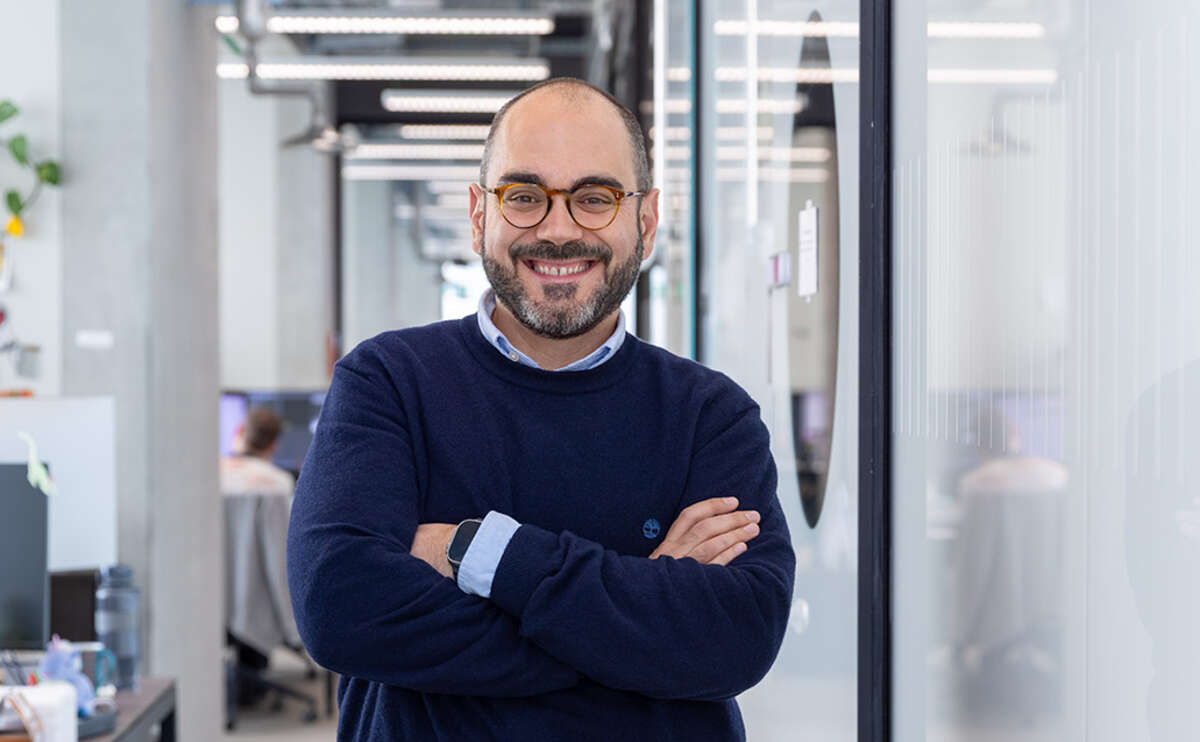Prof. Flavio Donato on the mysteries of memory
Why do we remember some moments vividly, while others seem to vanish? We asked neuroscientist Flavio Donato about how the brain stores experiences – and whether forgotten memories are truly gone or just hidden.

Where are our memories stored?
For many brain functions, one might say that everything is everywhere and all at once. The brain is a deeply interconnected network. So the neurons that take part in the creation, storage, and recall of a memory are too present in many brain areas. To put it the other way around, the question might be not where are memories stored, but where are they not? When you experience something, every aspect of that experience can be part of its memory: what you smell, what you see, what you feel. However, even though each bit of information is in a different part of the brain, we might have a big librarian that puts them together and recreates the experience of remembering something. That librarian might be in a brain area called the hippocampus – the center of our studies.
But when does an information become a memory?
Good question! How do we learn? And how does our brain decide what needs to be stored long-term and what can be forgotten? Actually, we still don’t know the rules for that. But what we can say is that there are certain aspects that make it more likely for information to become a memory. Things that are new, things that you don’t expect, things that are emotionally charged, for example associated to a thread, to fear, things that are important for us to survive.
Why do we have memories?
A fascinating hypothesis that I agree with is that we don’t make a memory to have the chance to sit down and think about the past. We make memories to be able to learn from our experiences and use them to predict what happens in the future. So, a memory might not be for the past, it might be a tool that allows us to learn to survive and predict the consequences of our actions.
All in all, we forget more than we memorize. Why?
Well, this is a good question, too. First it was thought that forgetting was a passive process affecting memories of a long past: you don’t use it, you lose it. But nowadays researches are pretty sure that forgetting is an active process by which the brain adapts to an ever-changing environment by modifying constantly the set of models that uses to interpret the world.
So, what does forgetting mean? Do we lose information or are they only hidden?
This is a big questions close to the heart of my lab: Is a forgotten memory completely lost, or do we only have no access to it anymore? We know that it is possible to restore memories that only apparently seemed to be erased. This seem to prove that memories we forget might still be there: for example, memories of our early childhood might still be in our brain and we could, with appropriate means, bring them back.
And why is it important for our brain that not all information is accessible?
Again, we don’t know. Is this a bug or is it a feature? It is a truly fascinating question: Why would the brain go to the length of keeping something from us if there was not a good reason to invest literal energy into this process? This is the type of question we want to solve with our research.
What is the first memory you remember yourself?
As far as I can remember, my first memory was a picnic in the mountains with my family when I was about two or three years old. And there I fell and hit my nose on a piece of wood. I still remember that my nose started bleeding, and I remember the smell, the pain, the images and the color of t-shirt I was wearing.
Is this memory real?
My mother says that this is a real memory but actually I don’t know, as I have heard the story of that day many times over. This is the tricky things with memories: you can’t be absolutely sure they are 100% accurate, as sometimes the things we call memories are images we conjure in our heads to fit the narrative we build to give meaning to experience.


